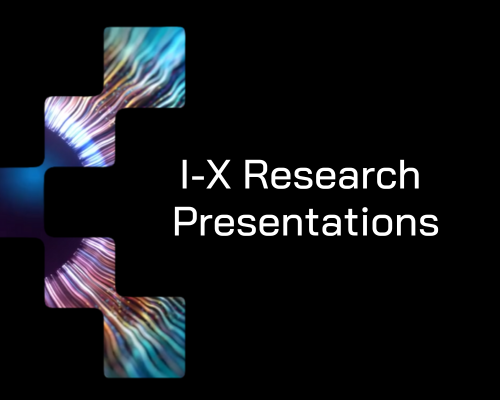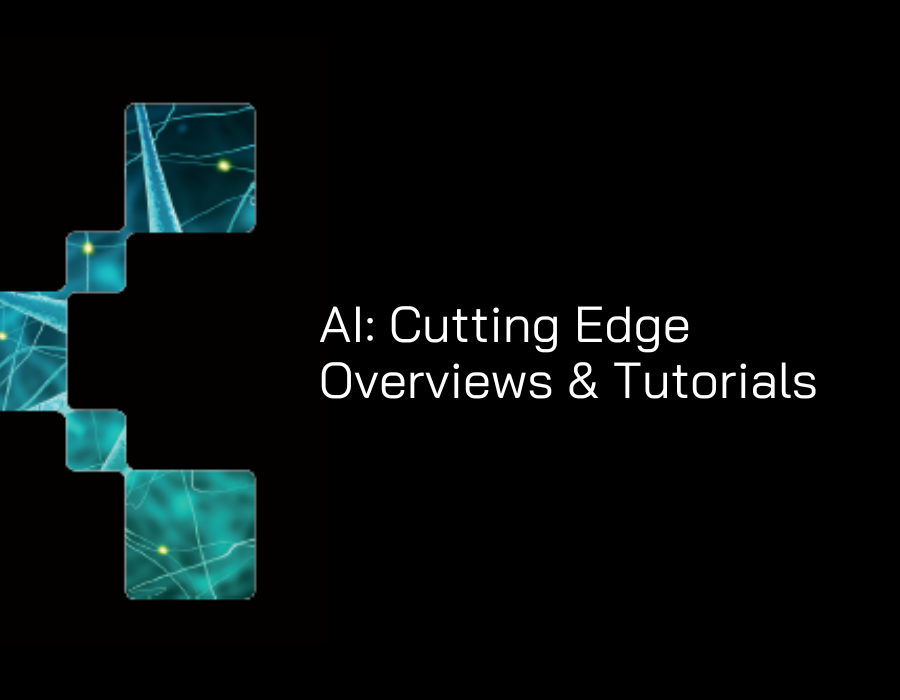Talk Summary
Recent advances in Machine Learning (ML) have enabled the development of novel computational techniques for tackling PDE-based problems considered unsolvable with classical methods. Physics-informed neural networks, such as Deep Galerkin and Deep BSDEs, are among the most popular Deep Learning-based PDE solvers recently proposed in the field. Kernel methods and their connections to neural networks offer a set of tools to solve challenging PDEs that offer a convenient framework for analysis, in particular regarding their theoretical properties, consistency, stability, and convergence rates.
The aim of this workshop is to consolidate the academic links established in occasion of the first edition of the workshop and to keep discussing recent advances on machine learning for PDEs, both at the practical and theoretical level, as well as interesting opportunities for future research. The inter-disciplinary nature of the network provides an all-in-one approach to build new numerical schemes, analyse their theoretical properties, and investigate their optimal implementation on recent computer hardware advances, such as GPUs and NISQ-type quantum computers.
The workshop will take place in the Translation and Innovation Hub Building (I-Hub), White City campus, in room CR1/CR2 (ground floor) on Monday 3 April from 13:00 to 18:00 and in room IX5 (5th floor) on Tuesday 4 April from 9:00 to 18:00.


